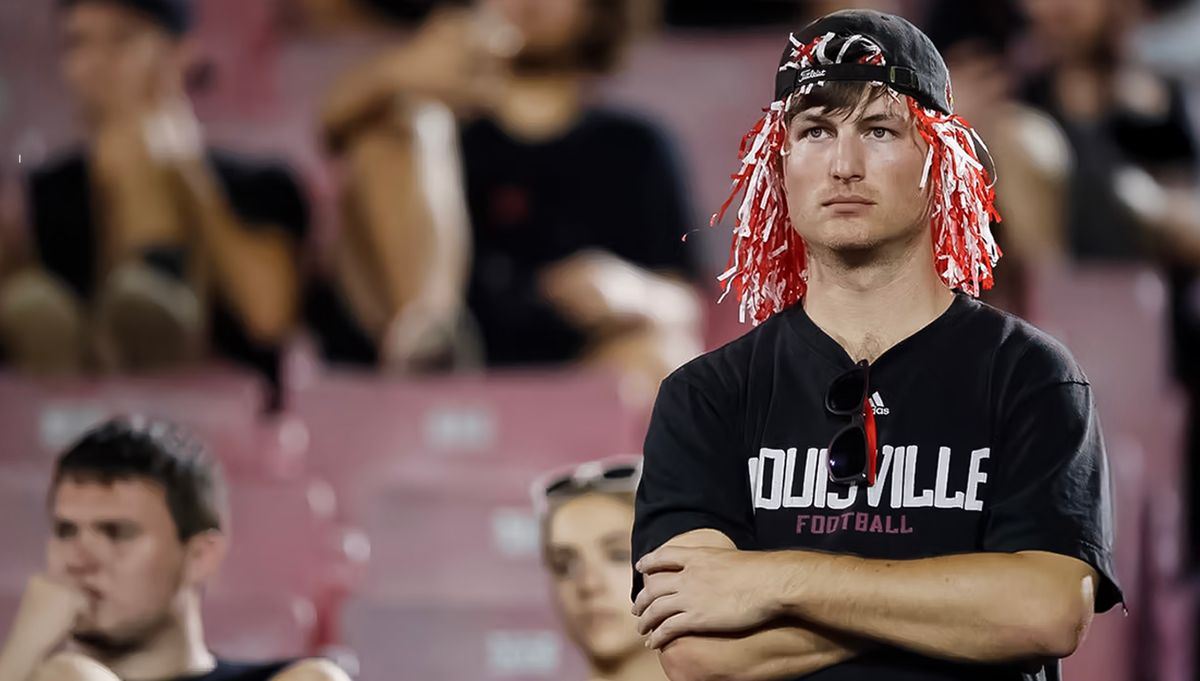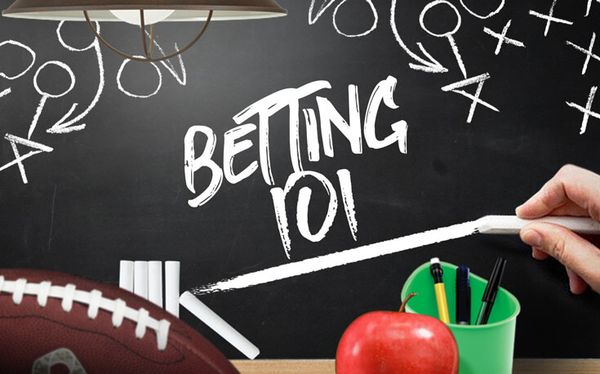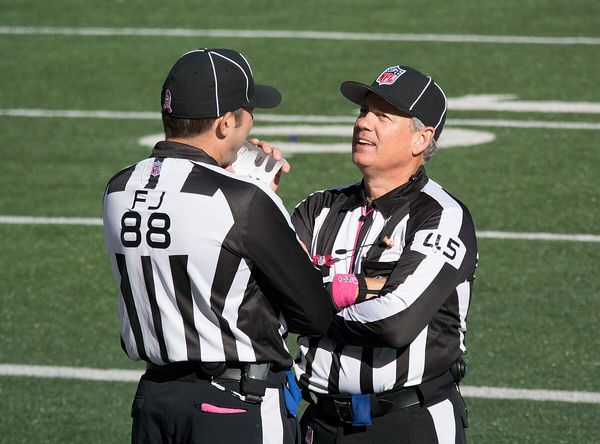Revenge Betting: Why Your Worst Losses Lead to Even Worse Decisions


James White
Co-Founder of HotTakes
Real talk: You just watched your "lock of the century" blow a 14-point lead with three minutes left. Your bankroll took a hit that stings, but here's what happens next—your brain starts doing that thing where it whispers, "Just one more bet to get even."
Sound familiar? That's revenge betting, and it's about to cost you way more than your original loss. Here's the thing most bettors don't realize: your worst losses aren't random bad luck—they're psychological setups for even worse decisions.
The Revenge Betting Death Spiral
Every serious bettor has been there. You make a solid play backed by research, everything looks perfect, then the universe decides to mess with you. Maybe it's a garbage time touchdown that kills your under, or a star player getting ejected in the first quarter when you hammered their team. The loss hurts, but what happens next separates smart money from broke money.
Your brain immediately starts calculating: "If I bet double on the next game, I'll be back to even." This isn't strategy—it's your emotional system hijacking your logical betting process. The psychological term is "loss chasing," but bettors know it as revenge betting, and it destroys more bankrolls than bad beats ever could.
Recent data from major sportsbooks shows that bettors increase their average wager size by 73% immediately after a significant loss. Even worse, their win rate drops by 12% during these revenge sessions because they're betting with their emotions instead of their analysis.

Why Your Brain Betrays You After Bad Beats
The Psychology Behind the Spiral
Your brain treats gambling losses differently than other financial setbacks. When you lose a bet, especially one you felt confident about, it triggers what psychologists call "loss aversion"—the pain of losing feels twice as intense as the pleasure of winning. This creates an urgent need to "fix" the emotional discomfort, and your brain convinces you that another bet is the fastest solution.
But it gets worse. Revenge betting also triggers "escalation of commitment"—the tendency to invest more resources into a losing situation because you've already invested so much. You're not just betting on the next game; you're betting to justify your previous decision and prove you weren't wrong.
Professional poker players call this "going on tilt," and they spend years learning to recognize and control it. Sports bettors need the same discipline, but most never develop these mental tools.
The Market Knows You're Tilted
Here's what sharp bettors understand that casual players miss: the market actually expects revenge betting. Sportsbooks track player behavior patterns, and they know exactly when you're most likely to make emotional decisions. Lines often get juicier on games immediately following major upsets or bad beats because books know recreational bettors will bet bigger and think less clearly.
Sharp money, meanwhile, stays patient. Professional bettors treat each wager as an independent decision with no connection to previous results. They understand that trying to "get even" is just another cognitive bias that creates market inefficiencies—inefficiencies they can exploit.
How to Turn Revenge Into Advantage
The 24-Hour Rule
The most effective revenge betting cure is simple: force yourself to wait 24 hours before placing another wager after a significant loss. This cooling-off period lets your emotional system reset and your analytical brain regain control. Set this rule when you're calm and profitable, not when you're heated after a bad beat.
During those 24 hours, write down why you want to make the next bet. If your reasons start with "I need to get back" or "I can't end the day down," that's your revenge system talking, not your profit system.

Channel Anger Into Analysis
Instead of betting bigger, bet smarter. Use that post-loss energy to dive deeper into your research process. Analyze what went wrong with your losing bet—was it bad process or just bad luck? If your analysis was solid and you just got unlucky, that's valuable information for building confidence in your system.
If you made a mistake in your process, that's even more valuable. Every revenge betting urge is actually your brain telling you to improve your system, not abandon it for bigger bets.
The Professional Approach
Professional sports bettors have a saying: "The best revenge against a bad beat is a well-researched next bet." They maintain consistent unit sizes regardless of recent results because they understand that each bet exists in isolation. Your bankroll doesn't care about your emotions—it only responds to long-term expected value and proper risk management.
Create a simple mantra for post-loss moments: "This bet has nothing to do with the last bet." Repeat it until your emotional system gets the message.
Practical Takeaways
The next time you feel that revenge betting urge creeping in, remember that your worst losses are actually opportunities to build better mental discipline. Set your 24-hour cooling-off rule before you need it, channel your frustration into better analysis instead of bigger bets, and treat each wager as an independent decision with no connection to previous results.
Smart bettors know that the house always wins when you're betting with your emotions instead of your edge. The best revenge against a bad beat isn't doubling down—it's staying disciplined enough to profit when the next real opportunity presents itself.
Bottom line: Your bankroll doesn't care about your feelings, but it definitely responds to your discipline. Channel that revenge energy into systematic improvement, and watch your long-term results improve while everyone else tilts their money away.
Ready to turn your sports knowledge into real rewards while building the mental edge that separates winners from revenge bettors? Join HotTakes—the community where your sports passion gets recognized, your voice gets amplified, and your disciplined approach gets rewarded.


